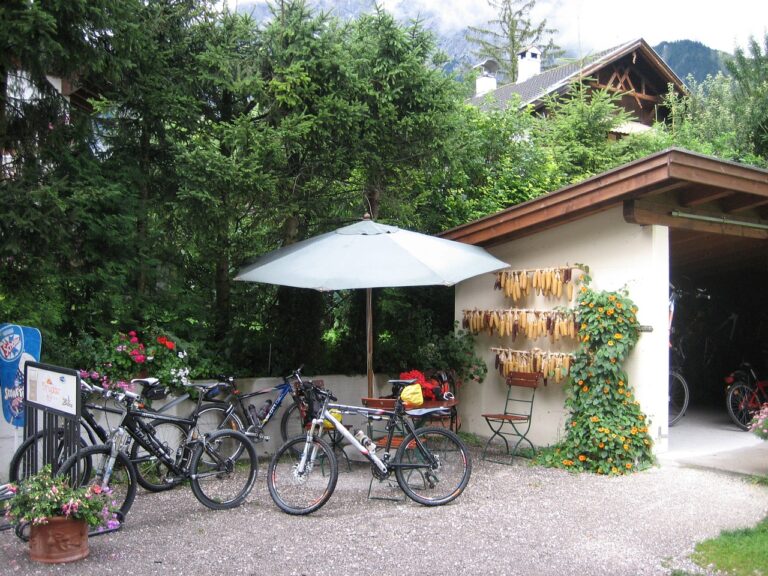Implementing Green Initiatives in Hotel Food and Beverage Services: Sky247 log in, Gold365, Gold win 365
sky247 log in, gold365, gold win 365: Implementing Green Initiatives in Hotel Food and Beverage Services
In today’s world, sustainability and eco-friendliness are becoming increasingly important in every industry, including the hospitality sector. Hotels are realizing the importance of implementing green initiatives to reduce their environmental impact and attract environmentally-conscious guests. One area that hotels can focus on is their food and beverage services, as this is often a significant source of waste and energy consumption. In this article, we will discuss some strategies for hotels to implement green initiatives in their food and beverage services.
1. Source Locally
One simple way for hotels to reduce their environmental impact is to source ingredients locally. By buying from local farmers and suppliers, hotels can reduce the carbon footprint associated with transporting food long distances. Additionally, sourcing locally supports the local economy and promotes sustainable farming practices.
2. Reduce Food Waste
Food waste is a major issue in the hospitality industry, with large amounts of food being thrown away every day. Hotels can combat this by implementing practices such as portion control, composting food scraps, and donating excess food to local charities. By reducing food waste, hotels can save money and reduce their environmental impact.
3. Serve Sustainable Seafood
Many hotels offer seafood dishes on their menus, but not all seafood is sustainably sourced. Hotels can make a positive impact by serving sustainable seafood that is certified by organizations such as the Marine Stewardship Council. By choosing sustainable seafood options, hotels can help protect marine ecosystems and support responsible fishing practices.
4. Use Energy-Efficient Appliances
Another way for hotels to go green in their food and beverage services is to use energy-efficient appliances in their kitchens. Appliances such as refrigerators, dishwashers, and ovens are often major energy consumers. By choosing energy-efficient models, hotels can reduce their energy consumption and lower their utility bills.
5. Offer Plant-Based Options
Plant-based diets are becoming increasingly popular among consumers who are concerned about the environmental impact of meat production. Hotels can cater to this trend by offering a variety of delicious plant-based options on their menus. By promoting plant-based eating, hotels can reduce their carbon footprint and appeal to a wider range of guests.
6. Educate Staff and Guests
Finally, hotels can implement green initiatives in their food and beverage services by educating their staff and guests about sustainable practices. Staff training programs can teach employees about recycling, composting, and energy conservation. Hotels can also provide information to guests about their green initiatives and encourage them to participate in sustainable practices during their stay.
In conclusion, implementing green initiatives in hotel food and beverage services is essential for hotels looking to reduce their environmental impact and attract eco-conscious guests. By sourcing locally, reducing food waste, serving sustainable seafood, using energy-efficient appliances, offering plant-based options, and educating staff and guests, hotels can make a positive impact on the environment while also benefiting their bottom line.
FAQs
Q: How can hotels measure the success of their green initiatives in food and beverage services?
A: Hotels can track metrics such as energy consumption, waste reduction, and guest satisfaction surveys to measure the success of their green initiatives.
Q: What are some other ways hotels can go green in addition to food and beverage services?
A: Hotels can implement eco-friendly practices in areas such as energy management, water conservation, waste management, and green building design.
Q: Are there any certifications that hotels can obtain to showcase their commitment to sustainability?
A: Yes, hotels can pursue certifications such as LEED (Leadership in Energy and Environmental Design) or Green Key to demonstrate their dedication to sustainability practices.







